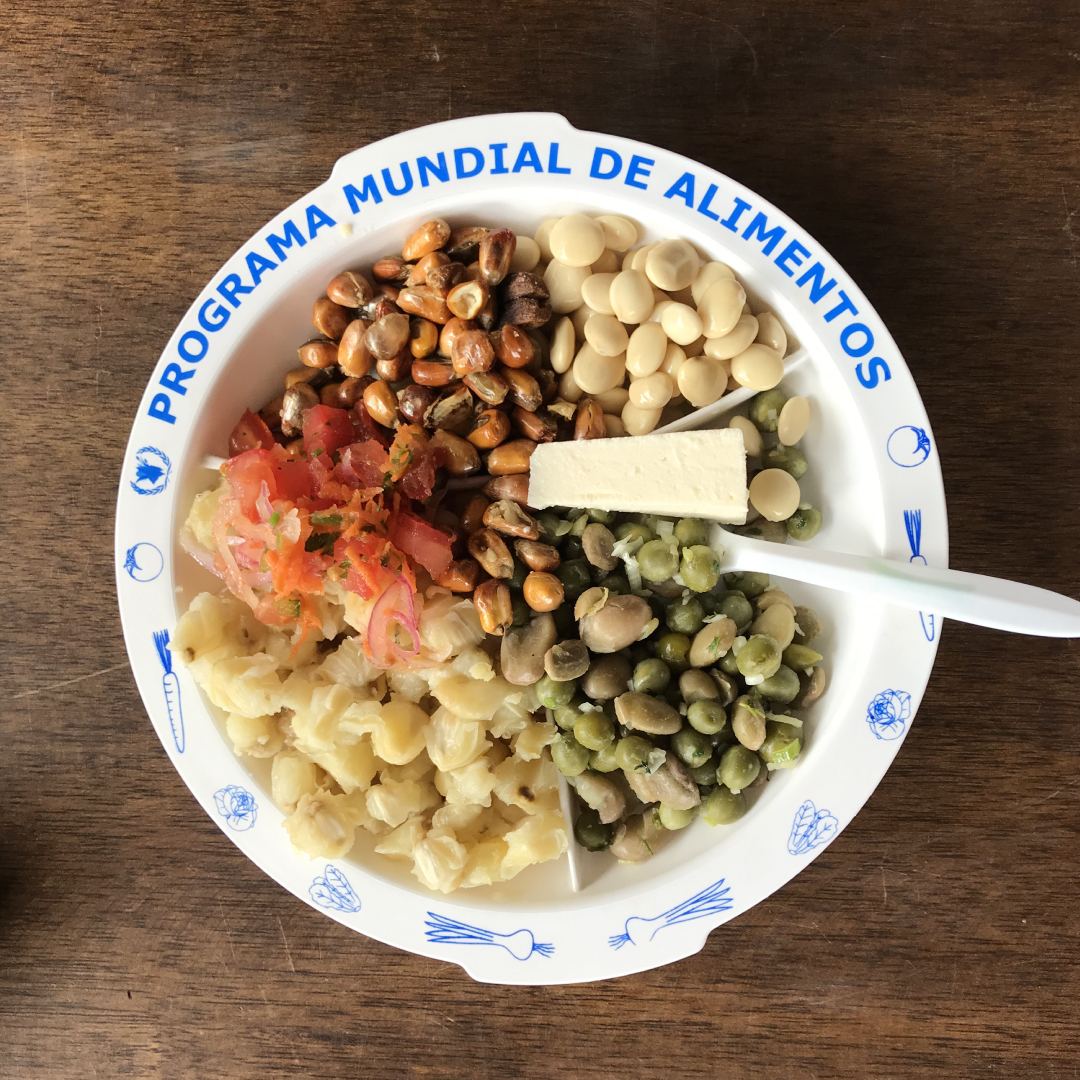
The latest edition of the State of Food Security and Nutrition in the World (SOFI), published this week, presents the most recent and authoritative estimates of the extent of hunger, food insecurity and malnutrition around the world. This year, it includes a special focus on transforming food systems for affordable healthy and nutritious diets. While we still face significant challenges in just accessing food (amount), challenges are even more important in terms of accessing nutritious diets (quality).
In a world that produces enough food to feed its entire population, more than 1.5 billion people cannot afford a diet that meets the required levels of essential nutrients and over 3 billion people cannot even afford the cheapest healthy and nutritious diet. Most of these people live in Asia (1.9 billion) and Africa (965 million), although there are millions that live in Latin America and the Caribbean (104.2 million), and in Northern America and Europe (18 million).
Food insecurity can worsen diet quality and consequently increase the risk of various forms of malnutrition, potentially leading to undernutrition as well as overweight and obesity. The double burden of child malnutrition remains a threat around the world: in 2019, 21.3 percent (144.0 million) of children under 5 years of age were estimated to be stunted, 6.9 percent (47.0 million) wasted and 5.6 percent (38.3 million) overweight, while at least 340 million children suffered from micronutrient deficiencies.
Furthermore, the devastating socio-economic impacts of the COVID-19 pandemic will push millions more people into food insecurity in low- and middle-income countries. Increasing availability of and access to nutritious foods that comprise healthy diets must be a key component of stronger efforts to achieve the 2030 targets. The remaining years of the UN Decade of Action on Nutrition 2016-2025 present an opportunity for policymakers, civil society and the private sector to work together and accelerate efforts.
Countries will need a rebalancing of agricultural policies and incentives towards more nutrition-sensitive investment and policy actions all along the food supply chain. Policies that more generally foster behavioural change towards healthy diets will also be key. Find out more about how the partnership between the WFP Centre of Excellence against Hunger Brazil, the Brazilian Cooperation Agency (ABC) and the Ministry of Health plans to help Latin American countries to overcome these challenges here >>





